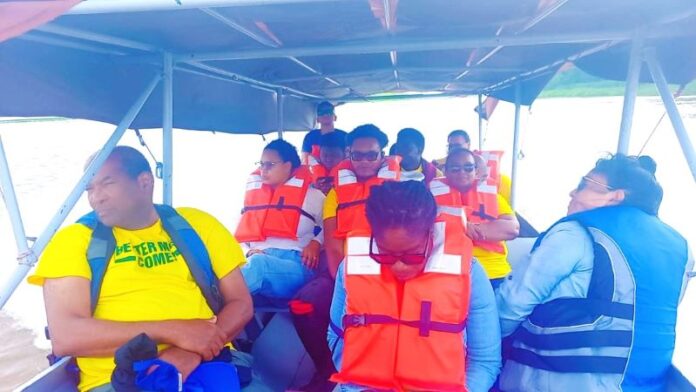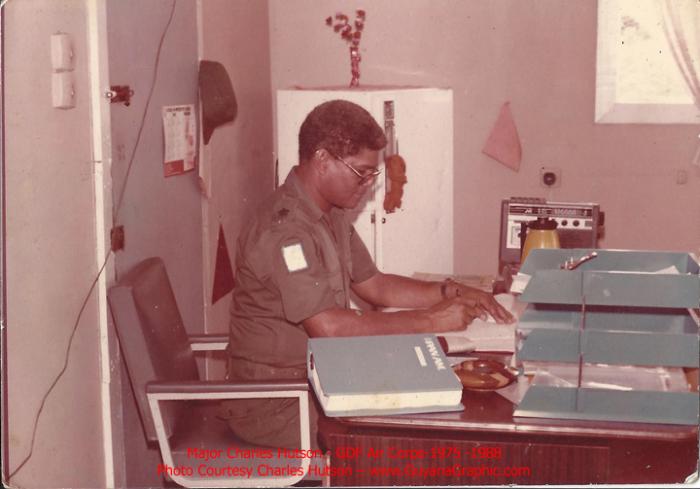Dear Editor,
Orealla and Siparuta, two beautiful Indigenous villages in Region 6, Guyana, are in urgent need of economic development to prevent the continued migration of youth in search of better opportunities elsewhere.
These communities hold vast potential for tourism, the wood products industry, agriculture, fishing, and craft-making. However, meaningful development in these areas requires targeted investment—especially in education and skills training. Financial support is also needed immediately for tourism projects, agricultural land preparation, crop cultivation (both permanent and cash crops), and training in woodworking and craft.
During a visit to Orealla on Saturday, May 3, 2025, AFC Leader Nigel Hughes, Laura George, and the AFC team heard firsthand the heartbreaking concerns of villagers. Chief among them was the long-standing issue of land titles. Despite generations of Indigenous people living on and caring for this land—well beyond any prescriptive rights timeframe—they still do not hold legal titles. This lack of action is a deep injustice.
The PPP has governed Guyana for 28 of the 33 years since the return of free and fair elections in 1992 and has spent trillions of dollars during that time. Yet, the issue of Indigenous land rights remains largely unresolved. With oil revenues now in abundance, the cost of conducting surveys and granting titles is not an obstacle. The continued delay is a matter of political will.
From 2015 to 2020, the APNU+AFC coalition managed the country with roughly 20% of the revenue available to the current government. Despite that, it was under their leadership that the idea of a national cash grant was pushed forward—an initiative initially rejected by the PPP on the grounds of inflation risk but ultimately adopted due to public demand.
Today, with the rising cost of living and high transportation expenses, Indigenous families are struggling. Many young people leave to find work, hoping to support their families back home, but the high cost of living outside the villages often leaves them with little to send back.
It is clear that future governments must prioritize investment in economic initiatives within Indigenous communities, especially when the private sector is unwilling to take on lower-profit ventures. The government must step in to bridge this gap and create meaningful employment opportunities for all.
Let us work together for the development of Guyana and ensure that no community is left behind.
Better Must Come for the people of Guyana
Sincerely,
Michael Carrington
AFC Vice Chairman






